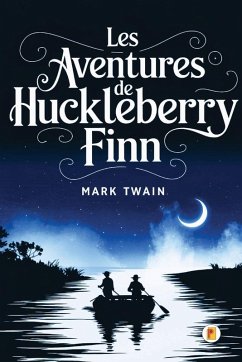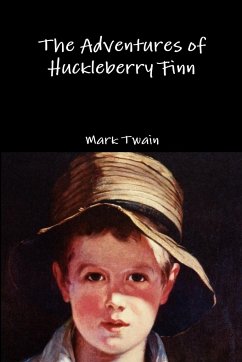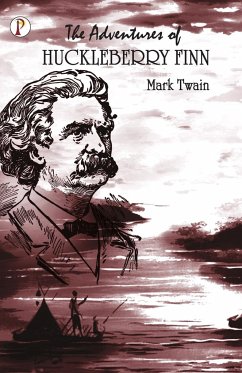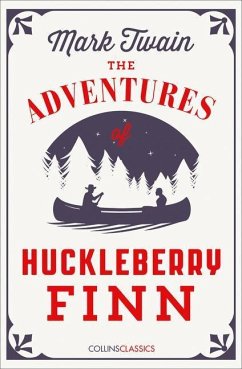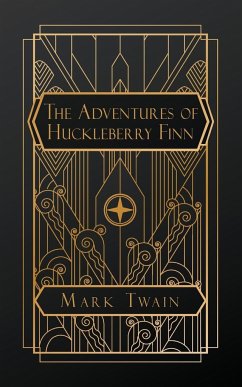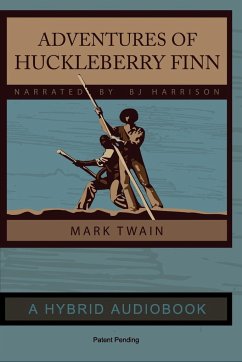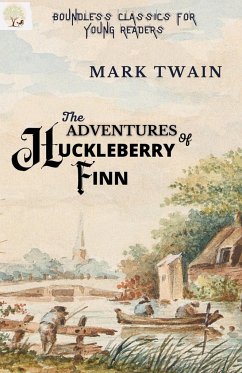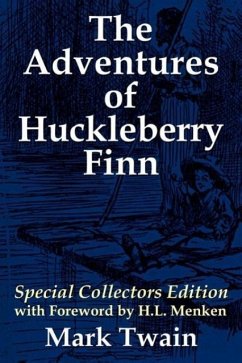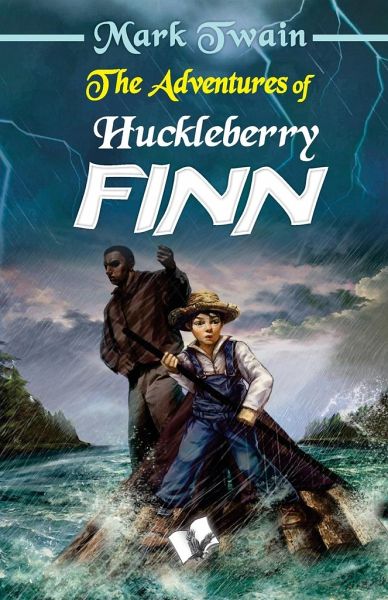
The Adventures of Huckleberry Finn

PAYBACK Punkte
12 °P sammeln!
In The Adventures of Huckleberry Finn, Huck escapes from the clutches of his drunken father 'Pap' and the 'civilizing' guardian Widow Douglas. After faking his own death to get freedom during his travel, Huck encounters Jim, a runaway slave. Together, they get on an exciting journey along the Mississippi River and meet different people. With the passage of time, Huck finds himself in a moral quandary over communal values and his friendship with Jim. Published in 1884 The Adventures of Huckleberry Finn was a criticism of racism, class prejudices and identity conflicts. This timeless American no...
In The Adventures of Huckleberry Finn, Huck escapes from the clutches of his drunken father 'Pap' and the 'civilizing' guardian Widow Douglas. After faking his own death to get freedom during his travel, Huck encounters Jim, a runaway slave. Together, they get on an exciting journey along the Mississippi River and meet different people. With the passage of time, Huck finds himself in a moral quandary over communal values and his friendship with Jim. Published in 1884 The Adventures of Huckleberry Finn was a criticism of racism, class prejudices and identity conflicts. This timeless American novel by Mark Twain is among the first in American literature to be written in regional English. With The Adventures of Huckleberry Finn, Mark Twain presents a sharp social commentary on 19th century American life through scornful satire, folksy humour, colloquial speech and uncouth language.






